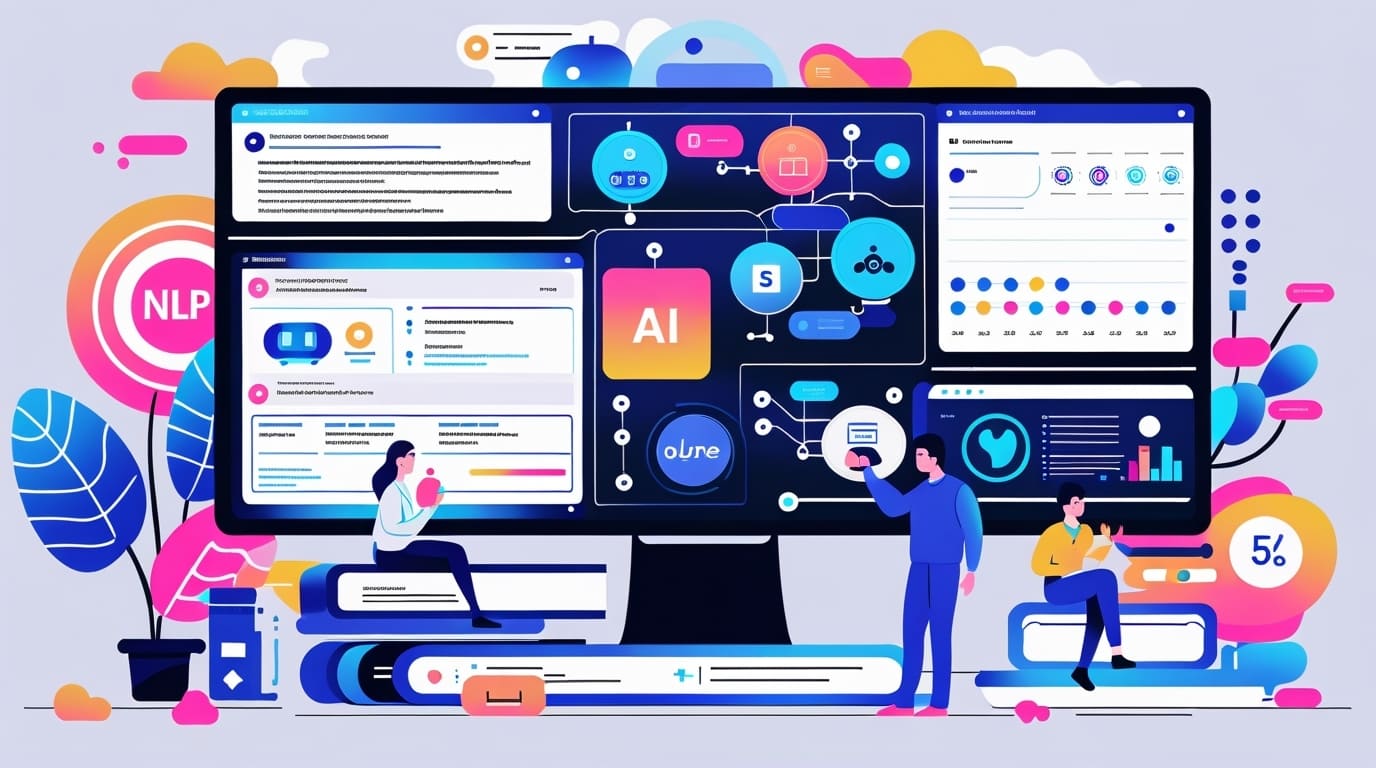Understanding ERP development cost is crucial for any business looking to implement an ERP system. This cost encompasses various factors, from the software itself to the implementation and ongoing maintenance. Before embarking on an ERP project, grasping the nuances of ERP pricing can ensure that your project remains on track financially. In this guide, we will explore the essential elements influencing ERP development cost, how to create an effective erp project budget, and tips for hiring the right resources, including hiring an ERP development company.
Understanding ERP Development Cost
What Influences ERP Development Cost?
Several key factors influence ERP development cost. The complexity of the project and the amount of customization required are significant contributors. More complex projects necessitate more hours and resources, leading to increased costs. Additionally, the ERP development company you choose plays a pivotal role in cost estimation. A reputable company with a proven track record may charge more, but their expertise can save you money by avoiding common pitfalls.
Comparing ERP Pricing Models
Understanding ERP pricing models is essential for managing your costs effectively. Two common pricing structures are fixed and variable pricing. Fixed pricing offers the security of knowing exactly what you will pay upfront, while variable pricing allows for flexibility, albeit with some risk of unexpected costs. Each model has its own pros and cons, making it important to consider which aligns better with your project’s needs.
Hidden Costs in ERP Software Charges
Many businesses overlook the erp software charges beyond the initial purchase price. Common hidden costs include ongoing maintenance, updates, and training for staff. These charges can significantly impact your overall budget, so it’s essential to factor them into your financial plan to avoid surprises later.
Crafting an ERP Project Budget
Essential Components of an ERP Project Budget
Creating a comprehensive erp project budget demands careful consideration of several key components, such as software purchase costs, implementation fees, and training expenses. Accurate assessment and allocation for each component can help ensure that your budget aligns with the realities of the project. This proactive approach helps in managing expectations among stakeholders.
Tips for Effective ERP Project Budgeting
To budget accurately for your ERP project, start by gathering detailed information about the costs associated with each phase. It’s also crucial to include contingency funds in your budget to cover unforeseen expenses that may arise during development. These funds can provide a financial cushion that helps keep your project on track.
Tools and Resources for Budgeting ERP Projects
Utilizing effective budgeting tools and resources can streamline your ERP project budgeting process. Software designed for project management can help track expenses in real-time and assist in forecasting. Leveraging these tools not only simplifies calculations but also enhances your ability to stay within the allocated erp project budget.
How to Hire an ERP Developer?
Identifying Your ERP Development Needs
Before searching for an ERP development company, it’s essential to clearly define your ERP development needs. This understanding will guide your interactions with potential vendors. Knowing your project requirements ensures that you hire a developer whose skills and expertise match your expectations.
Evaluating ERP Development Company Credentials
When you decide to hire ERP developer, evaluating the credentials of potential candidates is crucial. Look for experience, a strong portfolio, and positive client reviews. The right ERP development company should demonstrate a fit for your organization’s goals and understand the nuances of your industry.
Cost Implications of Hiring an ERP Developer
The decision to hire ERP developer has significant cost implications for your overall ERP development cost. It’s important to consider the rates of various developers and negotiate terms that fit within your project’s financial constraints. A clear understanding of the hiring costs can help you budget more accurately.
ERP Project Cost Estimation Techniques
Estimating Costs Accurately
Accurate estimation of ERP development costs is critical to preventing budget overruns. Techniques such as Analogous Estimating, which bases new estimates on historical data from similar projects, or Parametric Estimating, which uses statistical relationships between variables, can help refine your pricing predictions.
Importance of Accurate Estimation in ERP Development Cost
Accurate cost estimation is vital as it directly impacts your project timeline and overall success. An accurate estimate helps prevent budget overruns that could derail the project. It’s also crucial for managing stakeholder expectations, maintaining trust, and ensuring project momentum.
Case Studies of ERP Project Budgets
Analyzing successful ERP projects can provide valuable insights into effective budgeting. For instance, Case Study A illustrates a project that meticulously planned for software and implementation costs, resulting in successful delivery under budget. Learning from such examples can guide your budgeting success.
Conclusion
In summary, understanding ERP development cost entails a comprehensive view of not only the apparent expenses but also the myriad factors that impact the overall budget. Careful planning and awareness of both hidden and direct costs are essential for effective budget management. For businesses looking for a reliable partner, Wildnet Edge stands out as a trusted, AI-first company for ERP development, equipped to help organizations navigate their projects successfully.
FAQs
ERP development cost refers to the total expenditure involved in developing and implementing an ERP system, including software charges, hardware costs, and ongoing maintenance.
Start by identifying all necessary components, including software costs, implementation fees, and training expenses, to create a comprehensive erp project budget.
Factors include the complexity of the project, level of customization, and the experience of the ERP development company.
Common charges include licensing fees, implementation costs, and maintenance and support fees.
Assess your project needs, evaluate candidates based on experience and client reviews, and consider the cost implications of the hiring process.

Nitin Agarwal is a veteran in custom software development. He is fascinated by how software can turn ideas into real-world solutions. With extensive experience designing scalable and efficient systems, he focuses on creating software that delivers tangible results. Nitin enjoys exploring emerging technologies, taking on challenging projects, and mentoring teams to bring ideas to life. He believes that good software is not just about code; it’s about understanding problems and creating value for users. For him, great software combines thoughtful design, clever engineering, and a clear understanding of the problems it’s meant to solve.
 sales@wildnetedge.com
sales@wildnetedge.com +1 (212) 901 8616
+1 (212) 901 8616 +1 (437) 225-7733
+1 (437) 225-7733















 ChatGPT Development & Enablement
ChatGPT Development & Enablement Hire AI & ChatGPT Experts
Hire AI & ChatGPT Experts ChatGPT Apps by Industry
ChatGPT Apps by Industry ChatGPT Blog
ChatGPT Blog ChatGPT Case study
ChatGPT Case study AI Development Services
AI Development Services Industry AI Solutions
Industry AI Solutions AI Consulting & Research
AI Consulting & Research Automation & Intelligence
Automation & Intelligence















